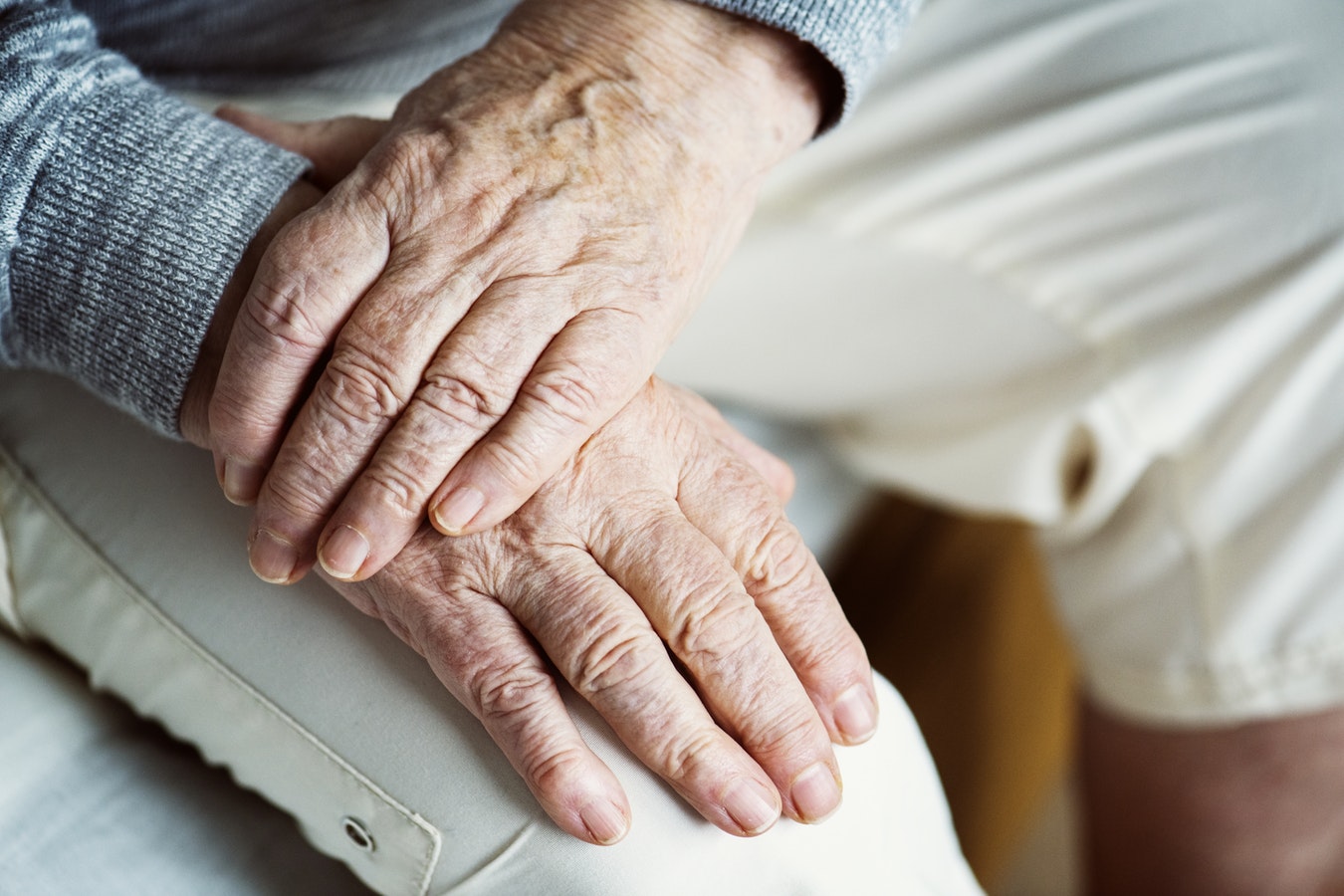Physical Address
304 North Cardinal St.
Dorchester Center, MA 02124
Physical Address
304 North Cardinal St.
Dorchester Center, MA 02124

Are you or someone you know starting to struggle in the home with mobility issues due to injuries or age? It can be a an upsetting prospect of having to make adjustments to life to cater to abilities changing as we age, and one of the most invasive changes often has to do with our mobility. There are a number of ways we can mitigate issues surrounding this that can crop up, so here are a few ways you can take steps to help lessen the problem before it arises.
Stairs are probably the most difficult part of losing mobility – with ascending and descending stairs taking longer and hurting more, it can be a real downer at a time when you’re already feeling low. You can install a stairlift in your home to make navigating stairs easier, as well as prolong the time you can retain independence in your own home. Stairlifts help people everyday access parts of their home that they wouldn’t otherwise be able to access if they have mobility issues, so it’s a great place to start.
Rugs, carpets, tiling and bathroom areas can cause a number of different hazards when it comes to slips and trips. Corners of carpeting or rugs can catch feet and cause an issue with falls, as can slippery tiling, wet floors or bathtubs/showers. Install handles and supports in areas where you think this could pose an issue – especially in the shower and bathroom where the floor can get wet. Consider replacing or removing old carpets and rugs with worn grips, or place things like rubbery yoga mats underneath for extra grip protection. A yoga mat underneath will also add an extra layer of softness and comfort for standing.
Cupboard changes in hallways, bedrooms, the bathroom and kitchen are some of the easiest and cheapest ways to create a more user-friendly home for the elderly or those who have mobility issues due to surgery or injury. Moving pots, pans, cutlery and dishes to areas that are more accessible will help your loved one continue to cook for themselves – something that is hugely important to retain independence and bolster happiness. Move things like towels to a lower level in the cupboard to make changing them out easier.
At the end of the day, sometimes simple changes in the home are just the tip of the iceberg and your loved one needs more specialist help, or even just help with things like cleaning and cooking. Ordering food deliveries for seniors from things like dinner clubs or community organisations is a good place to start, as is hiring a cleaner to help them a few times a week. If they need more specialised help, hiring a home care assistant to help can be a huge weight off your shoulders knowing your loved one is getting the help they need.
So if you’ve been wondering how you can help a friend or family member retain independence in their home through different small additions or changes, hopefully these ideas have helped give you a starting point. Good luck.